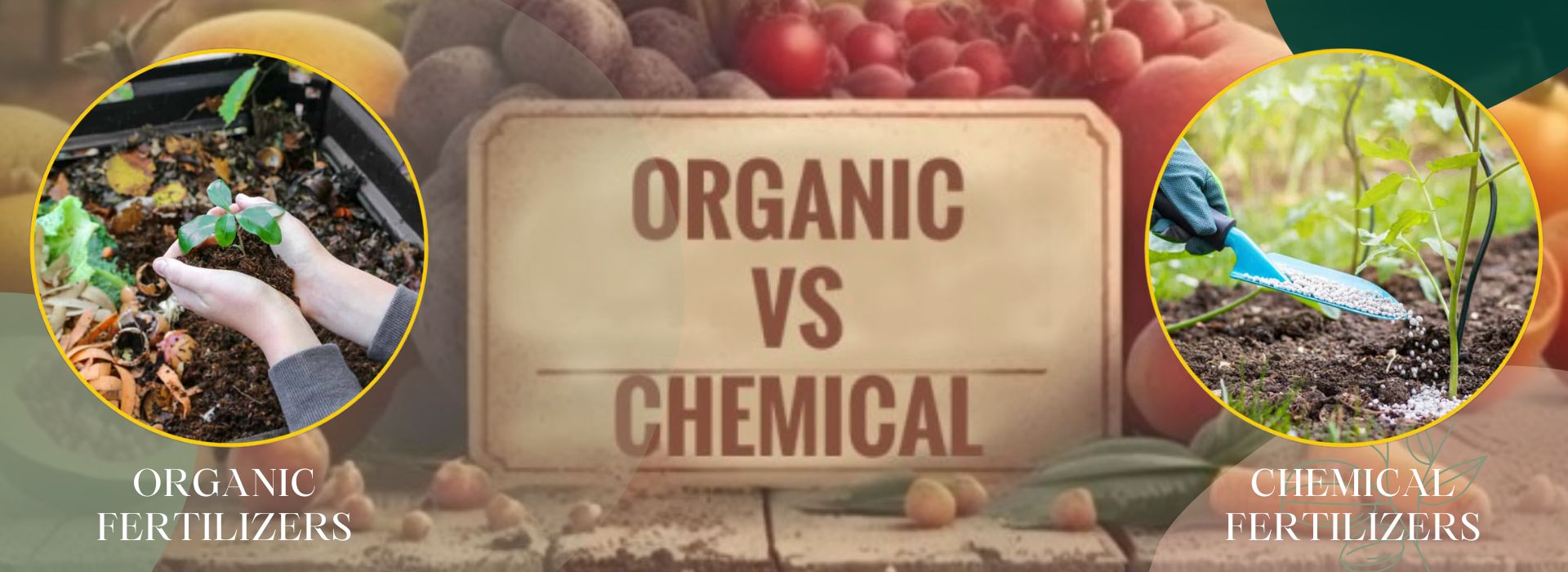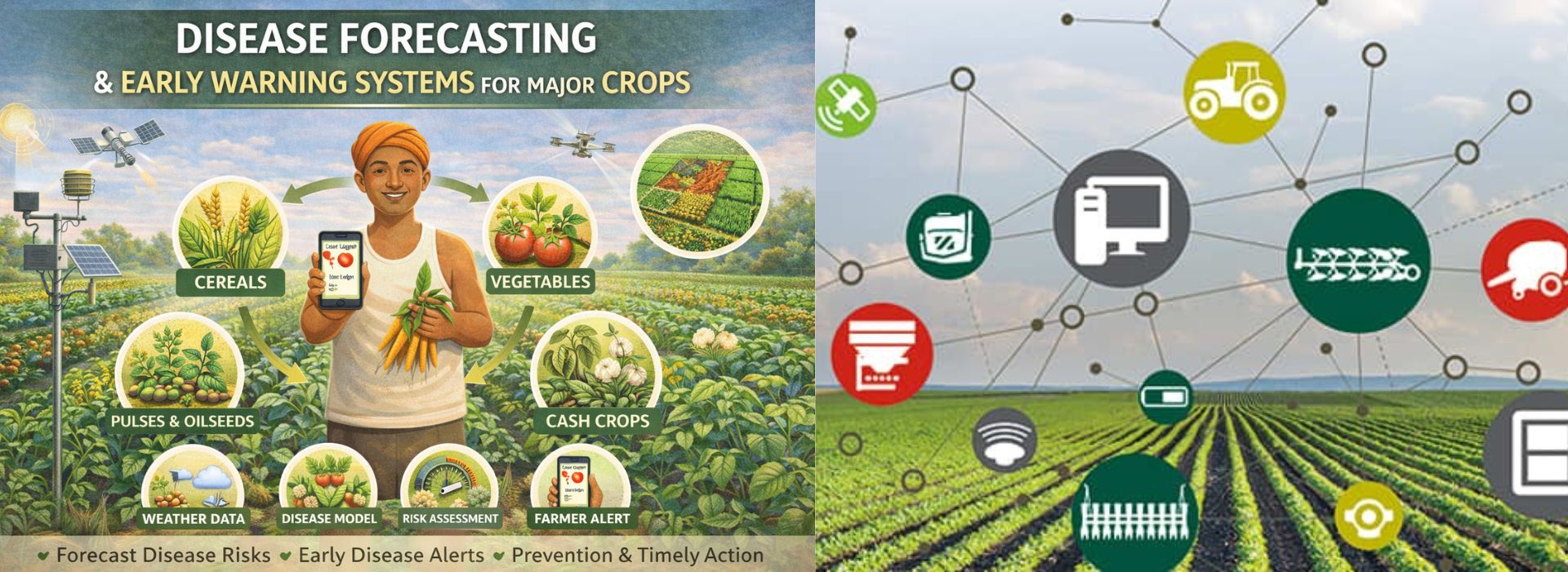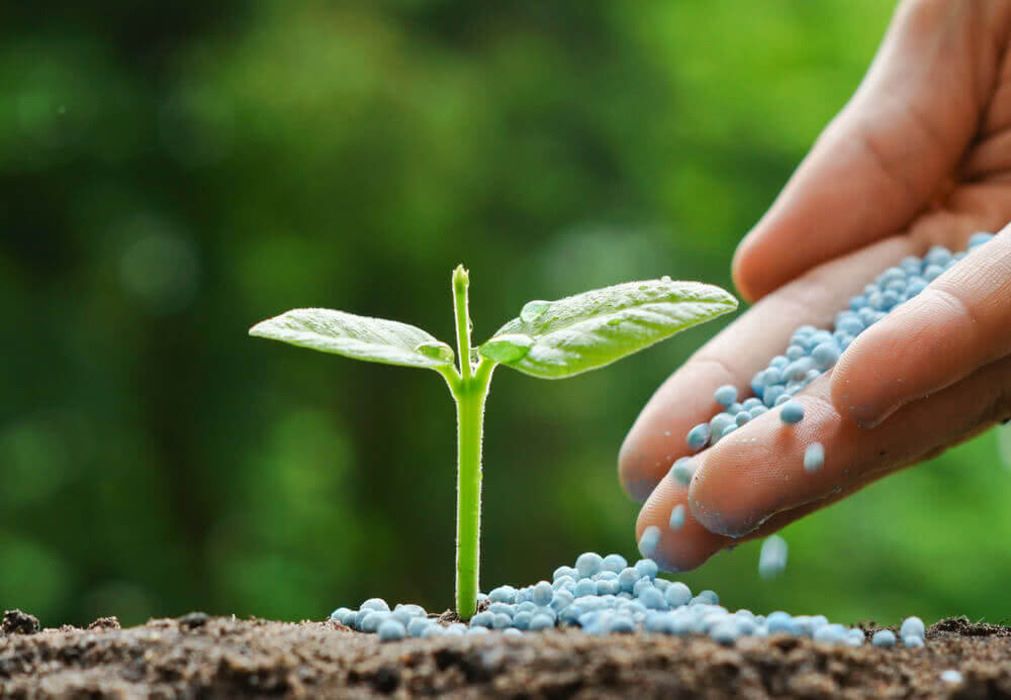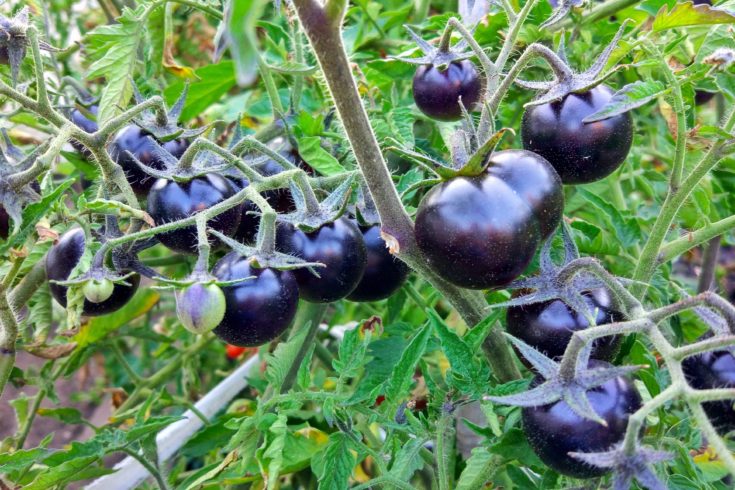The Ultimate Guide: Understanding the Key Differences between Organic Fertilizer and Chemical Fertilizer
June 22, 2024Are you confused about the
differences between organic fertilizer and chemical fertilizer? Look no
further! In this comprehensive guide, we will break down the key distinctions
between these two types of fertilizers, helping you make an informed decision
for your garden or farm.
Organic fertilizers are derived
from natural sources, such as plant and animal waste, compost, and other
organic materials. These fertilizers provide essential nutrients to the soil,
improving its structure and promoting the growth of healthy plants. On the
other hand, chemical fertilizers are synthetically created in laboratories and
contain nutrients that are immediately available to plants. They can provide a
quick and concentrated nutrient boost but may have negative impacts on soil
health and the environment.
Throughout this guide, we will
delve deeper into the benefits and drawbacks of organic and chemical
fertilizers, exploring their effects on soil quality, plant growth, and the
overall ecosystem. By understanding the key differences, you'll be equipped with
the knowledge to choose the best fertilizer option for your specific needs.
So, let's get started on
unraveling the mysteries of organic and chemical fertilizers!
Understanding
the Composition of Organic Fertilizers
Organic fertilizers are derived
from natural sources such as plant and animal waste, compost, and other organic
materials. These fertilizers contain a variety of nutrients, including
nitrogen, phosphorus, and potassium, that are released slowly into the soil as
they decompose. Additionally, organic fertilizers help improve soil structure,
enhance microbial activity, and promote long-term soil health. Their gradual
nutrient release minimizes the risk of nutrient leaching, making them a
sustainable choice for plant nutrition.
When using organic fertilizers,
it is essential to consider the nutrient content and application rates to
ensure that plants receive adequate nourishment. While organic fertilizers may
take longer to show results compared to chemical fertilizers, they contribute
to the overall health of the soil ecosystem and support sustainable
agricultural practices.
Incorporating organic fertilizers
into your gardening routine can lead to improved soil fertility, increased
water retention, and enhanced nutrient availability for plants. By harnessing
the power of natural ingredients, organic fertilizers offer a holistic approach
to plant nutrition that benefits both your garden and the environment.
Understanding
the Composition of Chemical Fertilizers
Unlike organic fertilizers,
chemical fertilizers are manufactured in factories using synthetic ingredients.
These fertilizers contain specific concentrations of nutrients that are readily
available to plants upon application. Chemical fertilizers are known for their
quick-release capabilities, providing an immediate nutrient boost to plants
that may be experiencing deficiencies.
The precise nutrient content of
chemical fertilizers allows for targeted applications, addressing specific
nutrient requirements based on soil test results and plant needs. However, the
rapid release of nutrients can lead to potential issues such as nutrient
runoff, soil acidification, and reduced microbial activity. Over-reliance on
chemical fertilizers can disrupt the natural balance of the soil ecosystem and
contribute to long-term soil degradation.
While chemical fertilizers can
deliver fast results in terms of plant growth and yield, their impact on soil
health and the environment must be carefully considered. Balancing the use of
chemical fertilizers with organic amendments can help mitigate the negative
effects and promote sustainable practices in agriculture.
Pros and Cons
of Organic Fertilizers
Pros
1. Sustainable Nutrient Release: Organic fertilizers release
nutrients slowly, providing long-lasting nourishment to plants without the risk
of leaching.
2. Soil Health Benefits: Organic fertilizers improve
soil structure, enhance microbial diversity, and promote overall soil health.
3. Environmental Friendliness: Using organic fertilizers
reduces the risk of chemical runoff and minimizes environmental impact.
Cons
4. Slow Nutrient Availability: Organic fertilizers may take
longer to show results compared to chemical fertilizers, requiring advance
planning.
5. Variable Nutrient Content: The nutrient content of organic
fertilizers can vary, requiring careful selection and application to meet plant
needs.
6. Bulkier and Less Concentrated: Organic fertilizers are often
bulkier and less concentrated than chemical fertilizers, necessitating larger
quantities for application.
Pros and Cons
of Chemical Fertilizers
Pros
7. Immediate Nutrient Availability: Chemical fertilizers provide a
quick nutrient boost to plants, addressing deficiencies and promoting rapid
growth.
8. Precision Nutrition: The precise nutrient content of
chemical fertilizers allows for targeted applications tailored to specific
plant requirements.
9. High Solubility: Chemical fertilizers dissolve
easily in water, ensuring efficient nutrient uptake by plants.
Cons
10. Risk of Overfertilization: Overuse of chemical fertilizers
can lead to nutrient imbalances, soil acidification, and reduced soil fertility
over time.
11. Environmental Impact: Chemical fertilizers contribute
to nutrient runoff, water pollution, and soil degradation if not used
responsibly.
12.
Negative Effects on Microbial
Activity:
Chemical fertilizers can disrupt the balance of soil microorganisms, affecting
long-term soil health and sustainability.
Environmental
Impact of Organic and Chemical Fertilizers
Both organic and chemical
fertilizers have distinct environmental implications that should be considered
when making fertilizer choices. Organic fertilizers are generally more
eco-friendly, as they are derived from natural sources and promote soil health
and biodiversity. The slow-release nature of organic fertilizers reduces the
risk of nutrient runoff and minimizes environmental pollution.
On the other hand, chemical
fertilizers, while effective in providing immediate nutrients to plants, can
have detrimental effects on the environment if not used judiciously. Nutrient
runoff from chemical fertilizers can contaminate water sources, leading to
algal blooms and aquatic ecosystem disruption. Additionally, the production and
application of chemical fertilizers contribute to greenhouse gas emissions and
energy consumption.
By weighing the environmental
impacts of organic and chemical fertilizers, you can make choices that align
with sustainable agricultural practices and minimize harm to the ecosystem.
Implementing nutrient management strategies, such as crop rotation, cover
cropping, and composting, can further enhance soil fertility and reduce
reliance on external inputs.
Choosing the
Right Fertilizer for Your Needs
When selecting between organic
and chemical fertilizers, it is essential to consider your specific gardening
goals, soil conditions, and environmental concerns. Organic fertilizers are
well-suited for those seeking long-term soil improvement, sustainable
practices, and enhanced soil biology. They are particularly beneficial for
organic gardening enthusiasts and those interested in promoting biodiversity.
On the other hand, chemical
fertilizers may be preferred for situations where quick nutrient correction is
needed, such as addressing acute nutrient deficiencies or maximizing crop
yields. When using chemical fertilizers, it is crucial to follow recommended
application rates, conduct soil tests regularly, and monitor plant responses to
prevent overfertilization and minimize environmental impact.
In some cases, a combination of
organic and chemical fertilizers, known as an integrated nutrient management
approach, may offer the best of both worlds. By leveraging the benefits of both
fertilizer types, you can optimize plant nutrition, improve soil health, and
minimize environmental harm. Experimenting with different fertilization
strategies and observing their effects on plant growth can help you fine-tune
your fertilization practices for optimal results.
Organic vs.
Chemical Fertilizers: Which Is Better for Your Plants?
The debate between organic and
chemical fertilizers often boils down to personal preferences, gardening
philosophies, and environmental considerations. Both types of fertilizers have
their unique advantages and drawbacks, making it essential to weigh the pros
and cons based on your specific needs and values. Organic fertilizers excel in
promoting soil health, microbial diversity, and long-term sustainability,
making them an attractive choice for those prioritizing environmental
stewardship.
On the other hand, chemical
fertilizers offer quick and targeted nutrient delivery, ideal for situations
where immediate plant nutrition is required. While chemical fertilizers can
boost plant growth and productivity, their potential environmental impacts
warrant careful management and responsible use. By understanding the strengths
and limitations of each fertilizer type, you can tailor your fertilization
approach to support healthy plant growth while safeguarding the environment.
Ultimately, the best fertilizer
choice for your plants depends on factors such as soil fertility, plant
requirements, gardening goals, and sustainability objectives. By considering
these factors and experimenting with different fertilization methods, you can
develop a customized approach that optimizes plant health, soil fertility, and
environmental well-being. Whether you lean towards organic, chemical, or a
combination of both fertilizers, the key is to make informed decisions that
benefit your plants and the planet.
Common
Misconceptions about Organic and Chemical Fertilizers
Misconception
1: Organic Fertilizers Are Ineffective
Contrary to this belief, organic
fertilizers are highly effective in nourishing plants and improving soil health
over the long term. While they may take longer to show results compared to
chemical fertilizers, their sustainable nutrient release benefits plants and
the environment.
Misconception
2: Chemical Fertilizers Are Always Harmful
While chemical fertilizers can
have negative environmental impacts if misused, when used responsibly and in
moderation, they can provide valuable nutrients to plants. Proper application
practices and nutrient management can help minimize the risks associated with
chemical fertilizers.
Misconception
3: Organic Fertilizers Are Always Safe
While organic fertilizers are
generally considered safer and more environmentally friendly, improper handling
or contamination of organic materials can pose risks to human health and the
ecosystem. It is essential to follow recommended guidelines for using organic
fertilizers to ensure their safe and effective application.
Conclusion:
Making an Informed Decision for Your Garden
In the realm of organic and
chemical fertilizers, understanding the key differences and implications is
crucial for making informed decisions that benefit your garden, plants, and the
environment. By weighing the pros and cons of each fertilizer type, considering
their environmental impacts, and aligning with your gardening goals, you can
choose the right fertilizer that fosters healthy plant growth and sustains soil
fertility.
Whether you opt for organic
fertilizers to nurture soil health and biodiversity or prefer chemical
fertilizers for quick nutrient delivery and targeted applications, the key is
to prioritize sustainability, responsible use, and long-term soil stewardship.
By adopting a holistic approach to plant nutrition and soil management, you can
create a thriving garden ecosystem that flourishes with vitality and
resilience.
In the quest for the ultimate guide to understanding organic and chemical fertilizers, remember that knowledge is power. Empower yourself with the insights shared in this comprehensive guide, explore the nuances of fertilizer types, and embark on a journey towards sustainable gardening practices that nurture both your plants and the planet. Let your fertilizer choices reflect your values, aspirations, and commitment to cultivating a greener, healthier world—one plant at a time.
At krishibazaar.in, you can find and buy various agricultural
products. For agricultural guidance on selecting the most suitable products for
your crops, please contact or WhatsApp at +917887880887






Guest reviews
No reviews found for this Blog